Removable partial and complete dentures
Rediscover your smile and the pleasure of eating!
Have you lost several teeth that need replacing? A removable dental prosthesis is an affordable, quick and effective solution that may suit your needs.
Removable dentures at CHD
When you have lost one or more teeth, it is essential to schedule an initial check-up. This first assessment will allow your dentist to ensure that a removable dental prosthesis is the most suitable solution for your case and that the absence of teeth has not caused excessive compensation on the remaining ones.
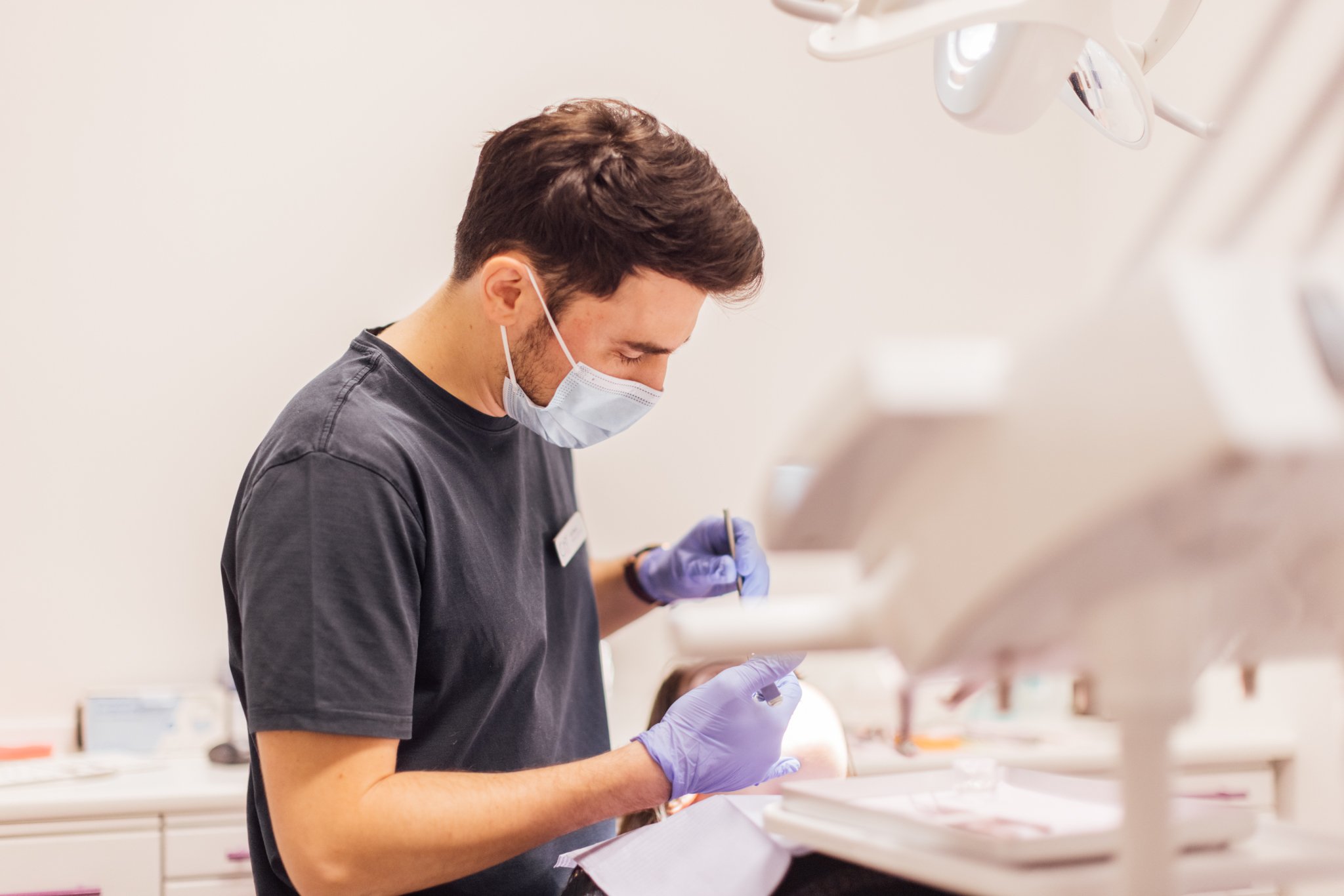
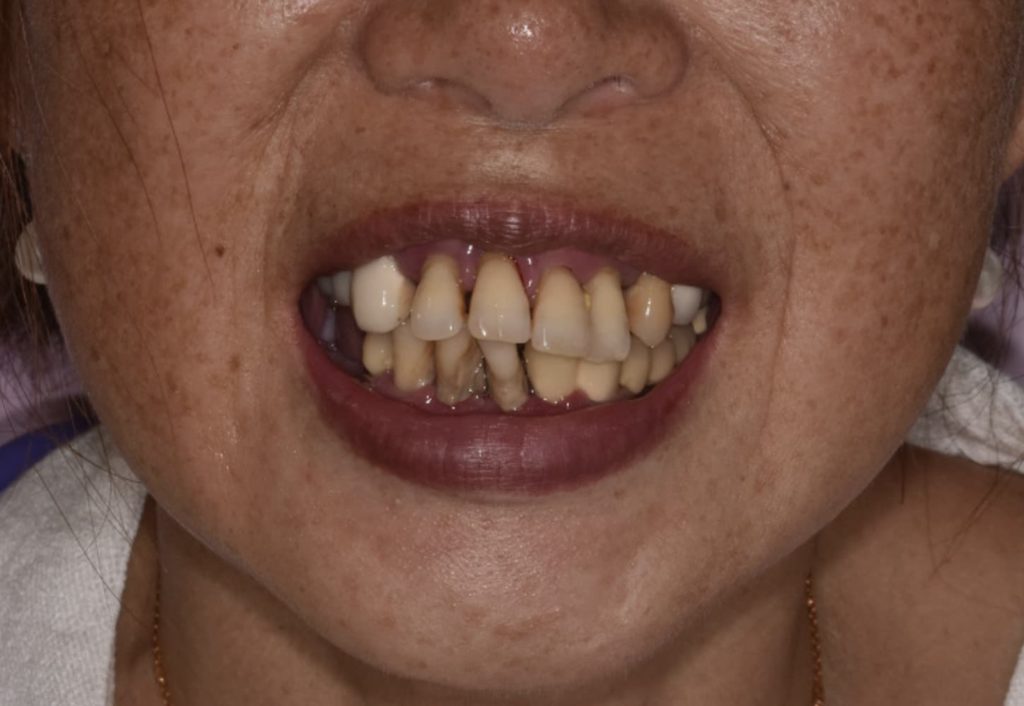
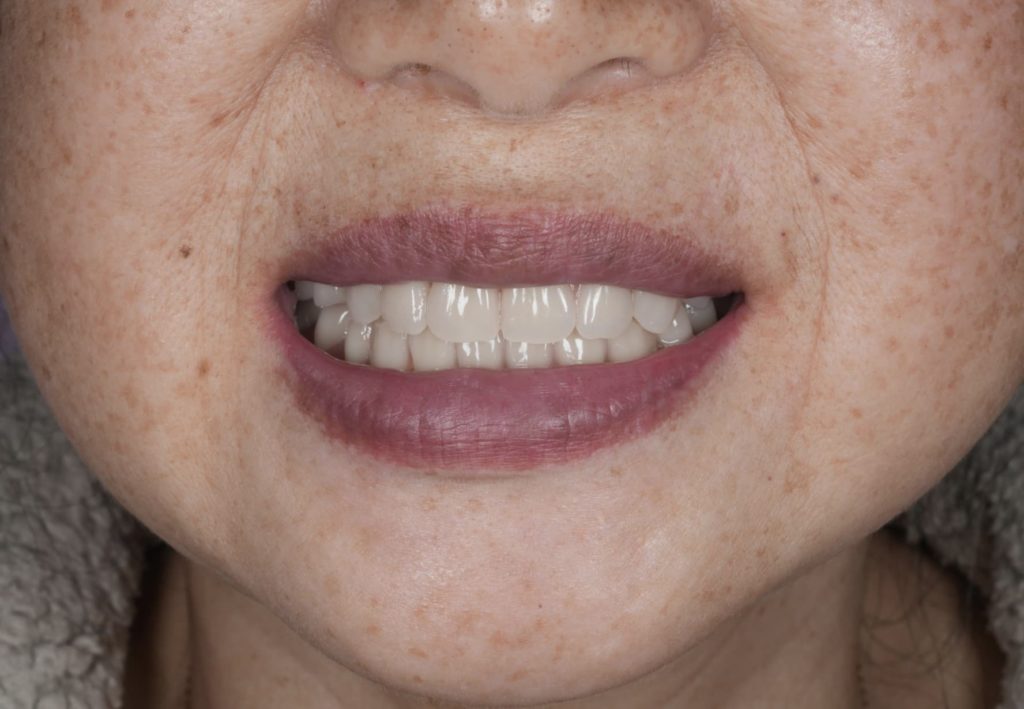
Visiter notre bibliothèque de
Rates
| Removable dentures | On quote from3500.- |
You have the possibility to pay by invoices and stagger your payments.
Fair & transparent prices
We strive to maintain unbeatable value for money: reasonable prices, which have not changed since 2016, for quality of care that has earned us numerous awards:


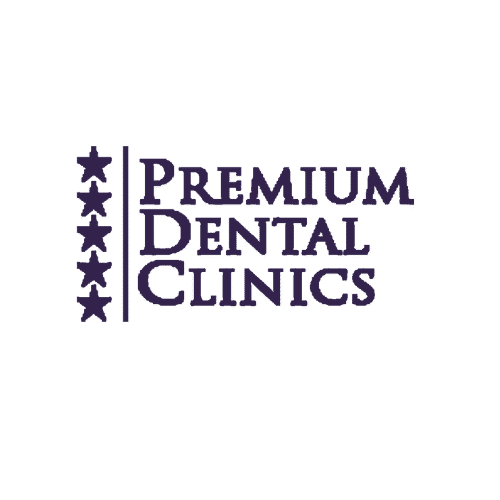
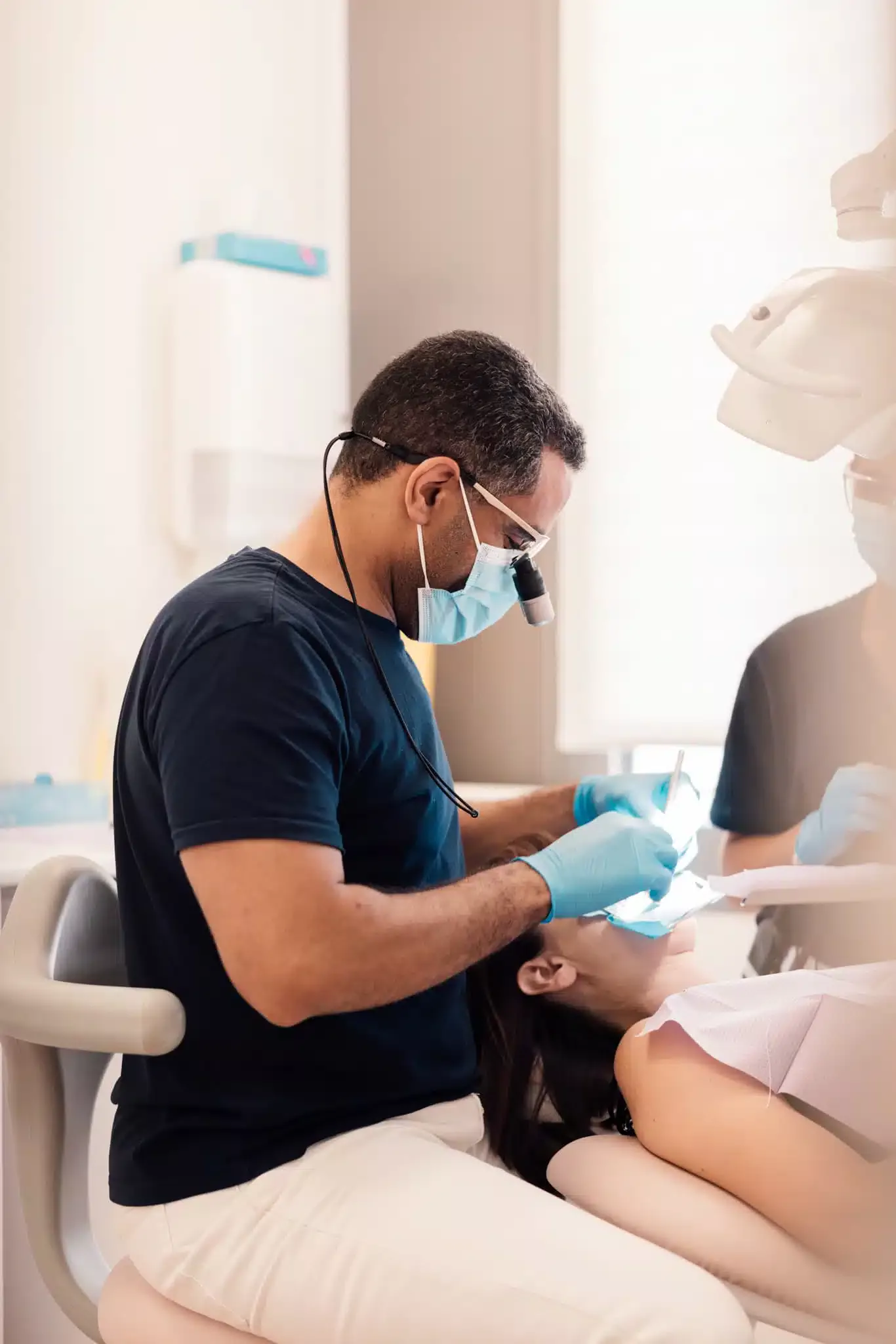
Advice
Be particularly thorough when cleaning your dental prosthesis. Since it can be easily removed, you can perform daily cleaning. Follow your hygienist’s advice to prevent bacteria build-up and potential oral issues, especially on the teeth which support the prosthesis clasps.
Next appointment
Your next appointment (recall) is scheduled as part of the personalised follow-up offered by CHD. This is based on your lifestyle, the quality of your saliva and other factors, to ensure that your oral health remains at an optimal level. And no need to worry, we’ll take care of reminding you: text message, letter, email, it’s your choice!
Our dental clinics
FAQ
What is a removable prosthesis?
There are several types of prostheses that can replace multiple missing teeth: dental implants (a small screw fixed into the jawbone on which a ceramic dental crown is placed); fixed partial prostheses such as dental bridges; or full fixed prostheses like All on 4, All on 6 or All on 8 implants.
There are also full or partial removable prostheses, more commonly known as “dentures”. As the name suggests, they are designed to be removed daily and are not fixed in place like natural teeth.
How much does a removable dental prosthesis cost?
In Switzerland, the cost of a removable dental prosthesis depends on several factors: the clinic that performs the procedure (and specifically the dentist you consult), the laboratory that makes the prosthesis, the type of prosthesis you need (partial or full), and the materials used (resin, metal reinforcement, clasp type).
On average, allow around CHF 3,000 per dental arch.
To obtain a personalised quote, contact your usual dental practice.
What are the disadvantages of a removable dental prosthesis?
Dentures also have some drawbacks to consider:
· As it is a removable solution—not anchored to the jaw—the prosthesis may be unstable, which can cause discomfort in daily life. This is particularly true for lower full dentures, as the tongue constantly destabilises the appliance. It is, however, possible to start with a removable prosthesis and later place implant attachments to secure it.
· Removable prostheses may require adhesive to improve retention, especially when the gum underneath is not firm or voluminous enough.
· Non-fixed prostheses usually require an adjustment period for most patients. They may cause discomfort, excessive saliva, and speech difficulties during the first few weeks. Some patients may take longer to adjust;
· Several adjustments are usually necessary to ensure maximum comfort for patients wearing a partial prosthesis, so expect multiple appointments for proper stabilisation and fitting;
· Weight changes can affect soft tissue and cheeks, thereby impacting the stability and retention of the prosthesis. Re-adjustment may then be needed.
· The aesthetic outcome is not as refined as with more advanced (and usually more expensive) options.
· Self-confidence may sometimes be affected, particularly when the gum does not allow for proper stabilisation, causing everyday discomfort.
· If not well maintained, removable prostheses can lead to fungal infections (e.g. candidiasis) and must be removed at night to let the gum breathe.
What are the alternatives to a removable dental prosthesis?
There are several alternatives to removable dental prostheses for replacing multiple missing teeth:
· Dental implants and crowns;
· Fixed partial prostheses, if there are still teeth that can be preserved — such as a dental bridge;
· Full fixed prostheses designed to replace all teeth on an arch — such as All on 4, All on 6 or All on 8 implants.
Your dentist will help you choose the best option based on your oral health, preferences, and budget.
Is a removable dental prosthesis right for you?
To find out whether a removable dental prosthesis is the right solution for you, you must consult your dentist. They will carry out a detailed assessment of your oral health and suggest possible solutions.
Unless there is a specific contraindication, removable dental prostheses are generally recommended for patients who wish to quickly replace lost teeth and have a limited budget.
Can you eat normally with a removable dental prosthesis?
You will need some time to learn how to eat with your prosthesis. In the first few weeks, choose soft foods. Learn to chew slowly and on both sides of your jaw to distribute chewing pressure evenly. Gradually, you can return to a more traditional diet, avoiding very hard or sticky foods (such as caramel). Some foods may remain difficult depending on the prosthesis’s stability.
Are removable dental prostheses comfortable?
Thanks to design improvements, removable dental prostheses are increasingly comfortable.
However, comfort depends on various factors:
· Some patients take longer than others to adapt;
· The materials used affect how it feels in the mouth;
· The patient’s rigour matters too: to ensure maximum comfort, the prosthesis must be adjusted as the gum changes. This requires regular follow-up visits with the dentist and/or hygienist.
How is a removable dental prosthesis held in place?
By definition, a removable prosthesis cannot be permanently fixed. However, you need to position it properly each day for best results.
There are several options. Generally, for a full prosthesis, if it fits your gum well, you simply place it using your fingers, without force. The suction effect created should keep it in place. If the prosthesis moves slightly, your dentist may recommend using a fixative cream (also called “denture adhesive”) to help it stay in place throughout the day.
If you have a partial prosthesis, just position the prosthesis and clasps correctly with your fingers.
Can you sleep with dentures in?
While it is possible to sleep with dentures, dentists generally advise against it, for several reasons. Removing your prosthesis at night allows you to:
· Let your gums rest for a few hours while you sleep;
· Prevent oral issues: pressure from the prosthesis overnight can lead to early jawbone resorption;
· Avoid premature wear of the prosthesis;
· Reduce excessive salivation during sleep;
· Minimise the risk of fungal infections, such as candidiasis.
How long does it take to make a full prosthesis?
The fabrication of a full removable prosthesis usually takes several weeks. On average, allow one to three weeks for laboratory production (after impressions have been taken).
What is the fitting process for a full prosthesis?
The first step is an initial consultation to assess your oral health. At the second appointment, your dentist will take the necessary impressions for the prosthesis. Several more appointments are then required to fit and adjust the prosthesis properly to ensure it is well stabilised.
What is the lifespan of a denture?
The lifespan of a denture varies depending on several factors: the quality of the materials used, the care and maintenance performed by the patient, chewing strength, and oral health.
On average, expect between 5 and 10 years.
How do I maintain my removable dental prosthesis?
To extend the life of your prosthesis and maintain good oral health, it is essential to brush both your prosthesis and your gums several times a day, after every meal. It is also strongly recommended to soak your prosthesis for a few minutes in an appropriate solution to eliminate all bacteria. Avoid sticky, hard, or staining foods.
Lastly, be sure to attend follow-up appointments so your hygienist and/or dentist can monitor your treatment and adjust it if necessary.